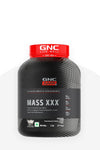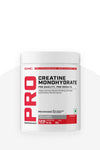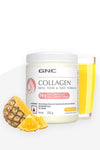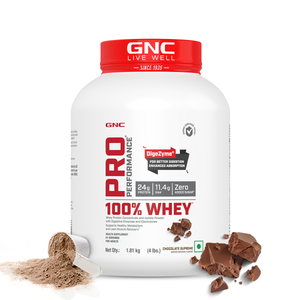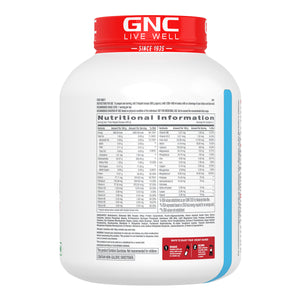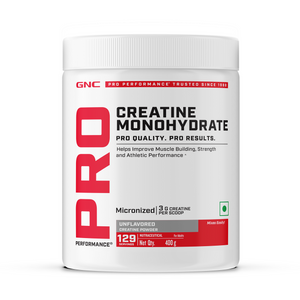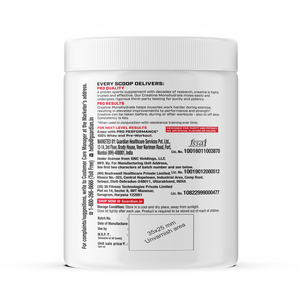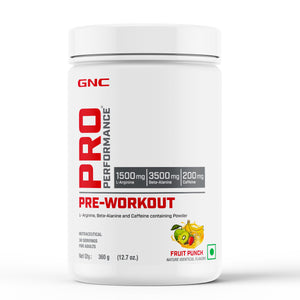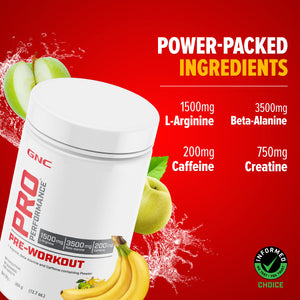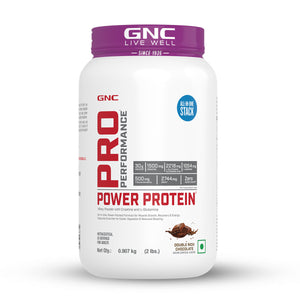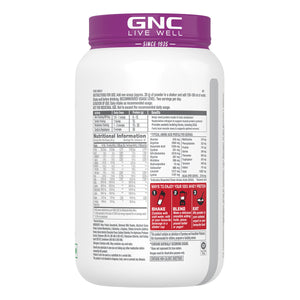
Fat is an integral part of our diet and mainly required for the proper functioning of our brain. It is divided into saturated and unsaturated fatty acids, unsaturated further divides itself into monounsaturated and polyunsaturated fatty acids.
Polyunsaturated fatty acids are classified as n-3 (omega-3) or n-6 (omega-6) depending on whether their first double bond is located on the third or sixth carbon from the terminal methyl group. The active components of omega-3 fatty acids include Alpha-linolenic acid (ALA), Eicosapentaenoic Acid (EPA) and Docosahexaenoic acid (DHA) which are responsible for the beneficial effects of omega-3 fatty acids.
The adult brain comprises of 50% – 60% lipids on a dry matter. Out of which, DHA is one of the major structural lipids in the brain, and in contrast, EPA and ALA comprise less than 1% of the brain’s lipid.
How does DHA help in improving brain health?
DHA is one of the nutrients, which is required by the fetus for its developing brain and its requirement continues throughout the life stages. DHA’s protective effects come from these distinct mechanisms:
1. DHA affects physical changes in the memory: Brain tissue contains the highest concentration of DHA in the body, which indicates its value for brain function. One of the first studies on rats showed that reduced consumption of DHA led to dramatic changes in brain function like memory, auditory and olfactory responses, learning, etc.
2. DHA protects brain tissue from inflammatory damage: DHA can be metabolized into Neuroprotectin D1, which is a potent anti-inflammatory agent and thus protecting against oxidation and free radical damage. This way it also heals the brain tissue post-injury.
3. DHA is thought to be neuroprotective: It helps in preventing atherosclerotic plaque in blood vessels and amyloid plaque in the brain by reducing the inflammation and encouraging the blood flow.
The natural sources of DHA would include fatty fishes like mackerel, tuna, sardines, very few vegetarian sources provide ALA which gets converted into DHA, but the conversion is very minimal. The government authority has recommended consuming a minimum of 250 mg of DHA for the proper functioning of the brain and even retina.
It is being also studied that as and when our brain ages, the DHA level decreases making it more important to consume through diet. So, a source of DHA to the brain and nervous tissues is needed to replenish and maintain optimal DHA levels for functioning throughout the lifespan.
Thus, direct dietary consumption of DHA is the most efficient way of providing DHA for uptake and functioning by the brain.



